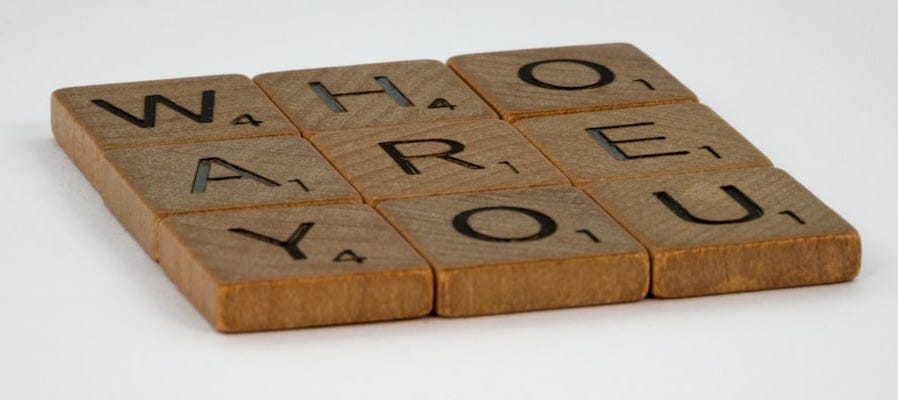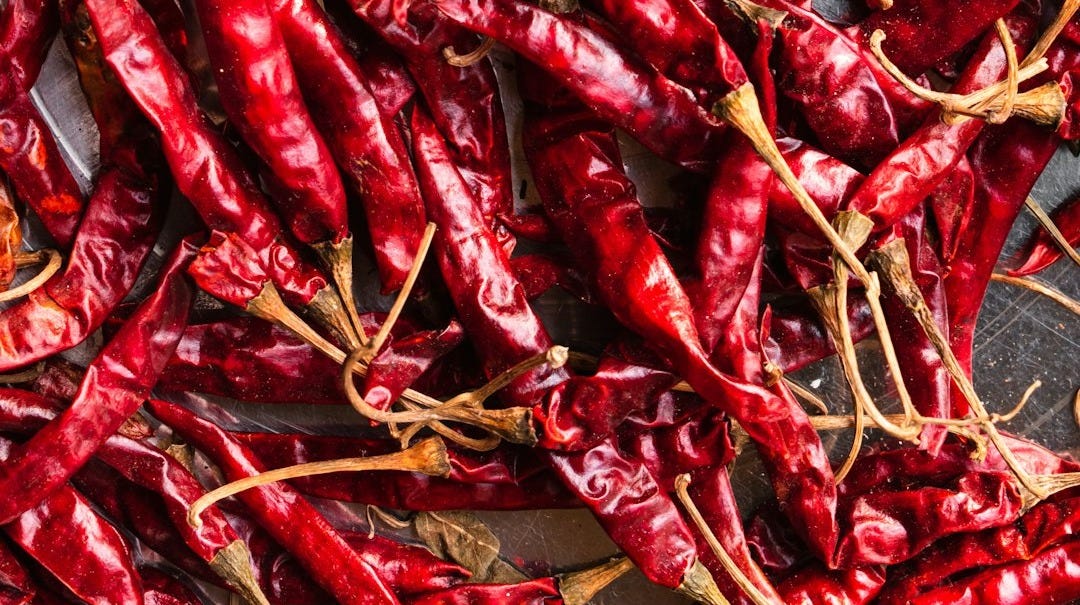Between Two Worlds: Changing The Name from Blunt Brown Lady to Blunt Desi Lady
figuring out a shorthand for a layered identity.
Some identities are given. Some are chosen. And some, like mine, are constantly negotiated—reshaped by multiple moves, memory, and the quiet tension of belonging everywhere and nowhere at once.

When I first started this Substack, I called it Blunt Brown Lady. It was simple, direct. Brown. Blunt. Done. Plus I love alliteration. But I have been questioning it.
"Brown" is useful but imprecise. It’s a broad racial category, encompassing South Asians, Latinx, Middle Eastern, and Indigenous communities. It connects me to a shared experience of racialization but fails to capture the particular contradictions of being Desi in America—of living at the intersection of Western identity and South Asian heritage, of being both hyper-visible and erased, of translating not just languages but entire realities.
Why Desi?
Desi is more than a label based on a generalization of skin color; it’s a feeling. It’s the absurdity of your parents keeping every single empty Nivea container to be repurposed into storage of bits and bobs. It’s being told marriage can wait while being subtly reminded that it really, really can’t. It’s growing up hearing “just focus on studies” while silently absorbing the unspoken rules of caste, class, and respectability.
"Desi" comes from the Sanskrit desh, meaning “homeland.” It connects people from South Asia—India, Pakistan, Bangladesh, Sri Lanka, Nepal, and beyond—to a shared sense of origin, no matter where we actually live. For the diaspora, it’s a word that holds both distance and belonging—a name for a place that may not fully claim us back.
Desi is not just brownness. It’s migration, displacement, and the unique struggle of being raised with one definition of success while searching for another. It’s the messy in-between—where culture is both inheritance and negotiation, where home is both a memory and a decision.
Brown in the American Imagination
When Americans say brown, they often mean Black-and-brown solidarity, Latinx struggles, or post-9/11 Islamophobia (which includes South Asians but is often framed differently). Desis don’t always fit neatly into that conversation, even when we’re affected by the same systems.
We are racialized but still subject to the “model minority” stereotype. Visible in corporate spaces yet erased in media. Part of the immigrant narrative but rarely centered in discussions about race and class. Although that has changed very recently. Not in a good way. We exist in a liminal space—never fully included, never fully excluded.
The Contradictions of Desi Identity
Saying brown alone doesn’t capture the contradictions within Desi identity:
The caste privilege that follows many of us, even in the West.
The way we carry both colonized trauma and proximity to power.
The internalized colorism, the anti-Blackness, the quiet politics of class that still shape our communities.
The difference between being first-gen, second-gen, or an immigrant who arrived as an adult.
Unlike other racial identities that have long been part of American discourse, South Asians in the U.S. are still defining themselves—still debating what it means to be here, what we owe to other communities, what solidarity should look like. We are not new immigrants, but we are not deeply embedded in American racial politics the way Black and Indigenous communities are.
Why I’m Choosing Desi Now
I could call myself Indian. I could call myself South Asian. I could lean into multicultural, global, intersectional—all the expansive, intellectual terms that attempt to explain my existence. But Desi feels different.
Desi is intimate. It’s the word we call each other. It’s what we hear in conversations between aunties, in late-night group chats, in the music that makes us nostalgic.
It is fluid, not tied to the current world map and borders. It acknowledges migration, diaspora, and the reality of being from somewhere and everywhere at once.
Desi is ours. Unlike “South Asian,” which feels clinical, or “Indian,” which gets flattened into Bollywood and chai lattes, Desi is a self-given term. It holds multitudes without needing an official definition.
And so, I’m changing the name. Not because Blunt Brown Lady was wrong, but because Blunt Desi Lady is more precise. More honest.
The Multitudes Within This Identity
Of course, Desi doesn’t define everything about me. It is still a broad-strokes identity. It doesn’t tell the whole story. It also erases the internal diversity within India itself—especially when the dominant image of Desi culture defaults to North Indian, upper-caste, and Hindi-centric. The way power, privilege, and societal hierarchies operate in my parents home state is not identical to how they do in, say, Gujarat or Tamil Nadu. I speak the language of my parents’ home state but I can’t read or write the script and never lived there, so don’t quite identify fully with its culture.
My identity is layered—shaped by my here-there-everywhere culture but also by my politics, my experiences, my contradictions.
So when I say I’m Desi, I don’t mean I fit neatly into some Bollywood-coded version of South Asianness.I am not here to represent some sanitized, Instagram-friendly version of South Asian identity.
I am Desi and global. I like chillies and spicy food but wake up to black Americano every morning. Desi and as my Dad says, when he is frustrated with me, “Westernized”?
Desi and critical of Desi norms.
Desi and still figuring out what that even means.
But for now, I’m choosing to use it because it signals something deeper than geography. It signals a shared experience, a history that follows us across continents, a knowing.
I am still figuring it out, still shaping what this space will be, still seeing where my voice fits in a platform full of them. But I know this: words matter.
Identity is a moving target. It shifts, adapts, redefines itself. And sometimes, all you can do is adjust as you go.
Are there words that make you feel cozily, appropriately defined? I’d love to know!





Someone recommended your work to me today on another platform. I am so glad I encountered it. You’re an amazing writer!
Love the lucidity! (Fellow alliteration lover and Desi lady here). You have articulated the nuances of Indian identity so well. As an expat living in Europe, I too am still figuring out and adjusting my identity on the go while I try to broaden other people’s horizons. Someone has to say it - so thank you!